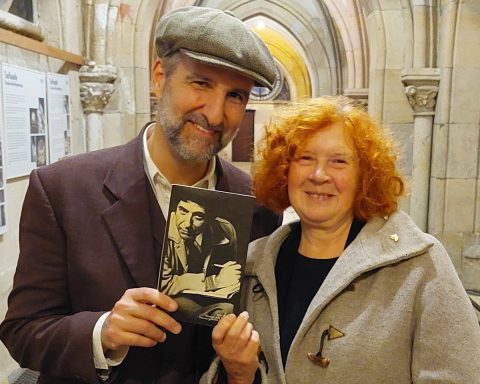
Today, I will be talking about Nicholas Dietrich. Nick is a friend and a colleague from university who moved to Europe from South Africa five years ago to pursue a Master’s degree (EMGS) and later a PhD here in Leipzig. This article is based on a chat we had over coffee yesterday afternoon, just a few days after he returned from his latest trip to his birth country.
After a long conversation about politics in Germany and South Africa, we talked about the food culture he grew up with. I have never been to South Africa, and the only dish from there I’d heard about before had come from “The World’s Best Street Food.” it’s called walkie talkies, and it’s deep fried chicken legs and heads. Curiously enough, Nick did not mention this dish at all during our chat.
When I asked him what would be the most traditionally South African dish he could think of, he named Bobotie. He described it as a baked minced meat dish with turmeric, curry and resins, with egg custard over the top. Typically you would have it with yellow rice (I guess he meant curcuma rice) and apricot chutney. It came to Cape Town from Malaysia or Indonesia through the slave trade. As he was describing it to me, I imagined it was a Sunday dish. When I asked him, he confirmed that it was a special kind of dish; but he himself doesn’t eat it and they don’t necessarily make it in his family, as it is quite heavy and takes a long time to make.
The Sunday thing to do in South Africa is to have a BBQ, or braai in Afrikaans, another popular name being “Chop and Dop.” As you can see, they have a variety of names for the same concept, which basically shows the importance of the BBQ culture there. By the description of all the different kind of meats that one can bring to a braai, it sounds to me that meat is really important in the South African diet. Nick told me that the latest food trend in SA is high protein diets, therefore BBQ is optimal. For Nick the fact that BBQ is so popular in South Africa has also something to do with the fact that BBQ is something everyone can do together. He says (and frankly I quite agree), that “our experience with food is far more reconciliating than our experiences with political ideals.”

Apartheid left deep wounds in South African society. Could braai or food be a way to bring people together? I personally find that it’s easier to use food rather than politics, society or values to talk about other cultures to people who are not that open to others. Let’s not forget that we all need to eat and that food has a very important function in all societies of the world and it is not surprising at all to find similarities between dishes from all over the world.
After the main dish, we moved on to talking about desserts. A pie that reminds Nick of his childhood and grand-parents is the Melktert. Nick described it as a “baked cheesecake that tastes of rice pudding without the rice”. This is obviously an Afrikaans dish, as the name gives away. From my Belgian experience with Dutch, I’d say the word literally means “milk pie,” and to be honest it probably tastes like something you could eat in Belgium as well, such as tarte au riz (a Belgian pie made from milk rice).
Another sweet that is traditional to the Afrikaans communities of South Africa is Koeksisters, little pieces of deep fried dough covered with syrup. Nick used to have those in annual church bazaars, along with boerewost hot dogs and pancakes with cinnamon. When I asked him what exactly are church bazaars, he said: “I don’t really know, we just used to go for the bazaar.” A quick Internet search told me that church bazaars are basically a kind of South African Thanksgiving.
The dishes he described to me sounded quite familiar, especially the sweets. And I could only but find incredible the similarities between the cakes of my Belgian childhood and the cakes/sweets Nick had in his own childhood, literally on the other side of the world. But of course, with Nick being of Afrikaans background, this is not all that surprising.
So that’s it for this week. No recipe, no restaurant review, only the food heritage of a glocal Leipziger. But I found it fascinating to learn about what other people eat in places I have never been to before. To the other South Africans out there, what do you think? Is this an accurate description of the food culture in your homeland?
I will be coming back after the summer break.

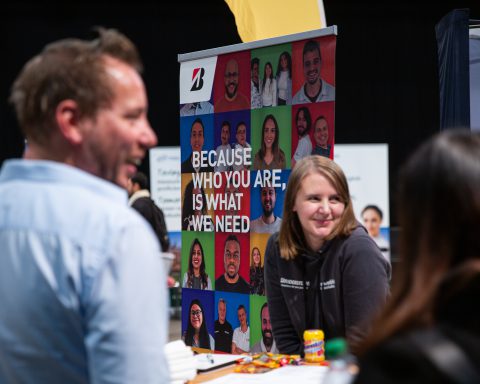
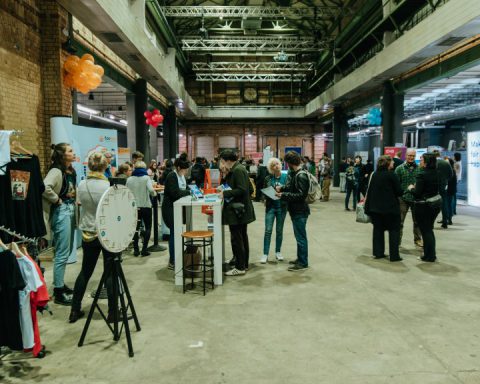
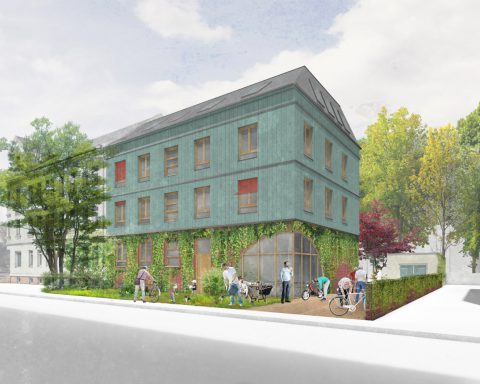
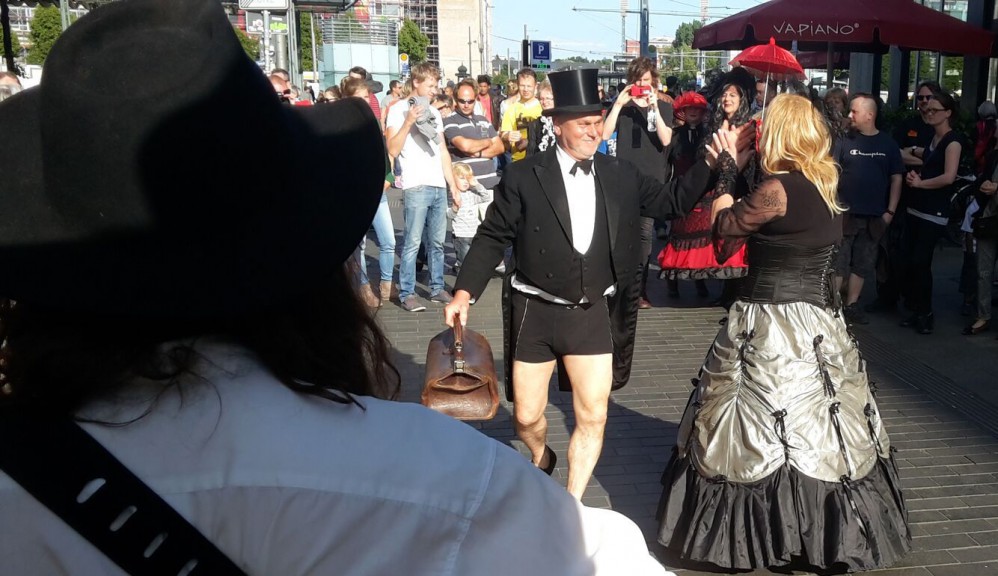



![Wine & Paint event on 9 Nov. 2024 at Felix Restaurant, Leipzig. Photo: Florian Reime (@reime.visuals] / Wine & Paint Leipzig](https://leipglo.com/wp-content/uploads/2024/12/pixelcut-export-e1733056018933-480x384.jpeg)
